Varanasi, located on the bank of the Ganges, is believed to be the second oldest city in the world, and is regarded as the spiritual capital of India.
The Ganges stretches 2500km from the Himalayas to the Bay of Bengal. It is considered sacred to Hindus, so each year millions come to bathe to remove bad karma, pay homage to their ancestors, and throw the ashes of their loved ones.
The river is wide and calm, and at this time of year is relatively low. Thousands of wooden boats are tied along the bank, with eager owners touting for business.
We set off from a sandy spot at the most southern point in the town – Assi Ghat. The larger boats have a small motor, but the smaller boats have a pair of bamboo oars, with a piece of timber strapped to the end for a blade.
There are thousands of boats and people on the river at any time, surrounded by thousands of seagulls.
There are 80 ‘Ghat’ along the banks in Varanasi, which literally translate to steps. Ghat have been built over centuries, and originally identified the areas that people from different castes were allowed to bathe. The caste system still exists, with Priests, Warriors, Merchants, Lower and Untouchables. People born into the Priest caste are still the only ones able to become priests, however many of the other restrictions have disappeared. Now, people from all walks bathe at any point.
During the monsoon season, the river rises many metres, so a lot of the buidings would flood. The town of Varanasi sits behind the top level of the buildings in the photo below, so would be protected.
Two of the Ghat we passed are Hindu cremation sites. The body is strapped to bamboo poles and wrapped in orange cloth, adorned with gold and marigolds. Men carry the body though the narrow streets down to the river, chanting along the way. The body is dipped in the river, and then cremated on the bank, and it is believed that the good karma this brings is passed to the next life.
Here, death is all part of life.
The main streets of Varanasi were some of the craziest we’ve seen! They’re narrow, dusty, and filled with market stalls, beside some of the the highest quality wedding sari shops in the country. Apparently the average wedding sari costs 500,000 rupees ($10k). The main dress is always red, and a second dress is purchased for the reception.
Varanasi is known for their silk, so this was the place that Javed recommended we purchase any textiles. This tiny shop was wall to wall with scarves and wraps, and enjoyed the opportunity to show how setting light to a scarf would show whether it was real or fake. After selecting the size and fabric of a scarf, we were completely overwhelmed with the variety of colours and designs… Too much choice!
Most shops offer tea and drinks, and in this shop the ‘Masala Chai’ (spicy tea) came in little clay pottery cups. Apparently these are disposable – after each use they are smashed, and refired. Many shops on the streets have baskets of the cups for sale.
In the evening we boarded the boat again to see the evening Aarti ceremony. We made wishes as we floated little bowls of flowers and candles on the river… a very reflective way to spend Christmas night.
At the end of the day, we observed the prayer ceremony conducted by Hindu priests every sunrise and every sunset. Thousands of boats filled with Indian and foreign tourists are tethered together to watch priests complete this daily ritual.
All of a sudden, everything is untied, and the boats head back to the Ghat along the banks – it’s quite a spectacle in itself!
A final Indian vegetarian meal closed off the day, and we farewelled Javed. He’s given us a fantastic window into the life of a young adventurous Indian, deeply commitment to family, country, and faith, who is grappling with the pressures, challenges and opportunities that modern India brings.
For 11 years he’s toured India, Sri Lanka, and Nepal, and experienced more than most people would in a lifetime. Yet, he openly admits that he carefully selects what he shares with his Father as ‘he would not allow it’. He jokes that at age 30 he’s considered past his expiry date for marriage, but knows that any day his Father could announce his wedding and require him to come home to meet his bride, settle down, require his wife to give up work, and within a year have a child.
It’s so different to our view of marriage, but it definitely doesn’t seem wrong here, and you can’t help but respect the traditions and cutlure they follow.
So Christmas 2016 has been spent in one of the holiest places on earth, but far from Christianity.
It’s been a day filled with rituals, and ceremonies that have proved that the Indian people of all religions don’t just believe and practice their faith, they truly live it.
It will certainly be a GradyBunch Christmas to remember!
Love theBunch x
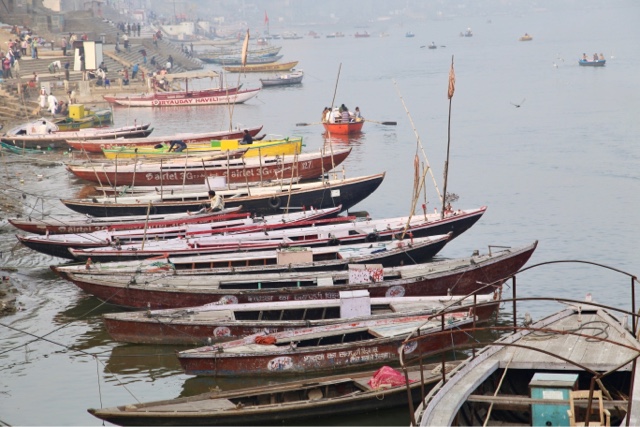
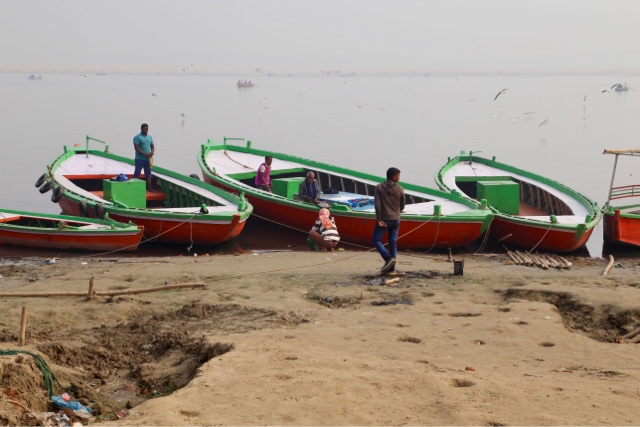
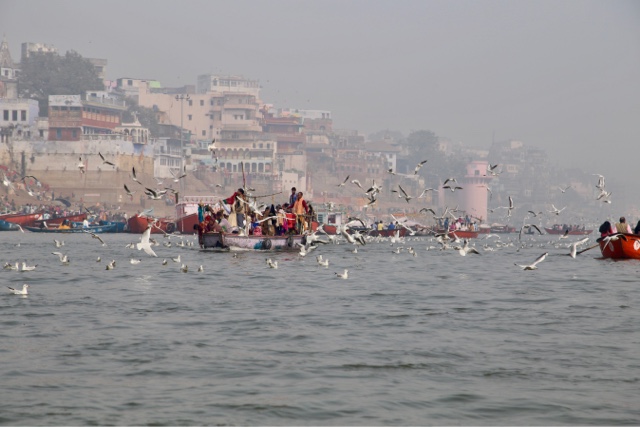
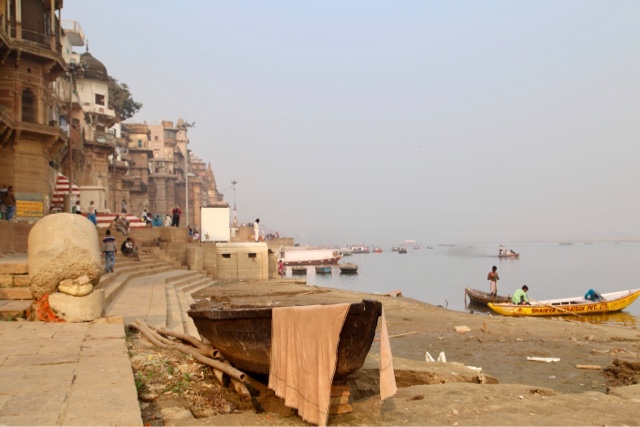
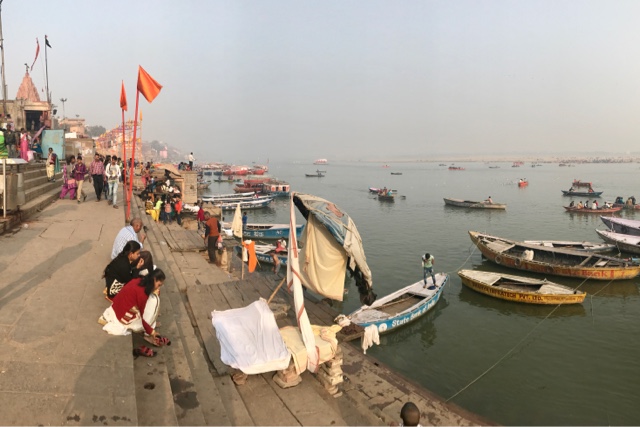
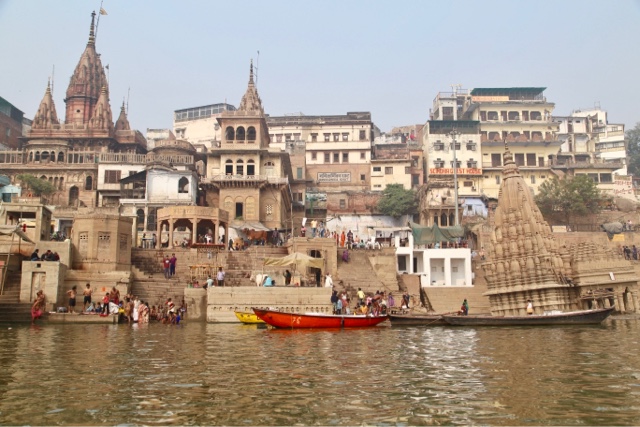
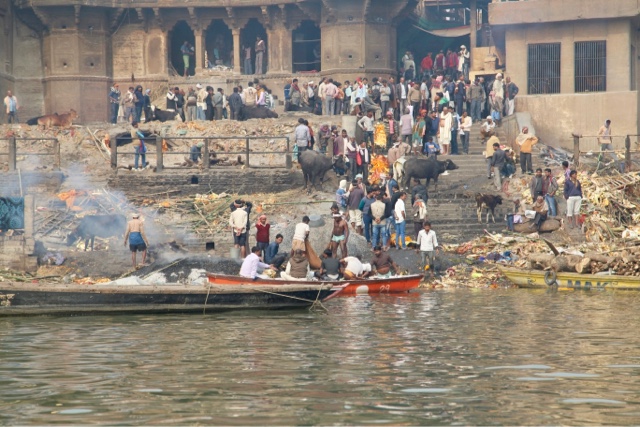
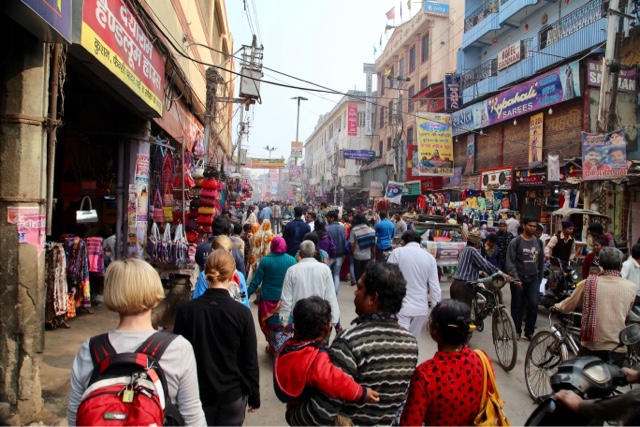
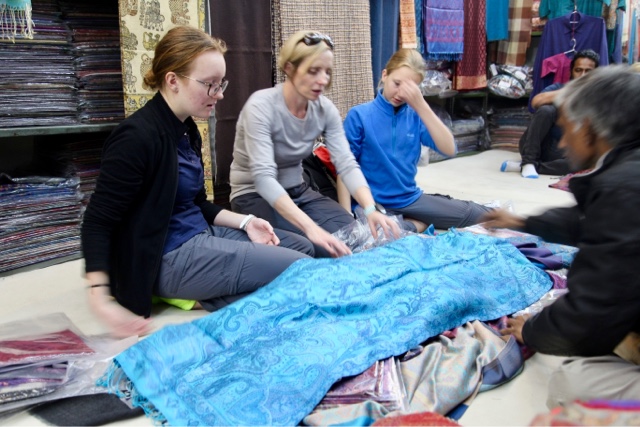
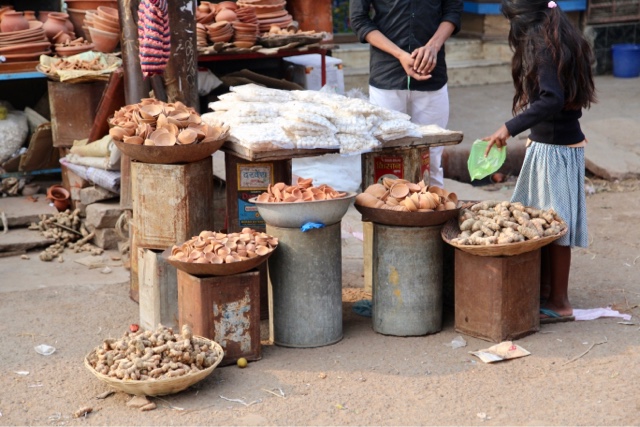
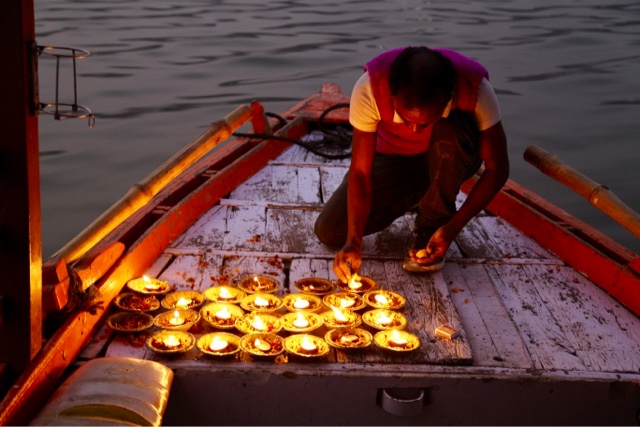
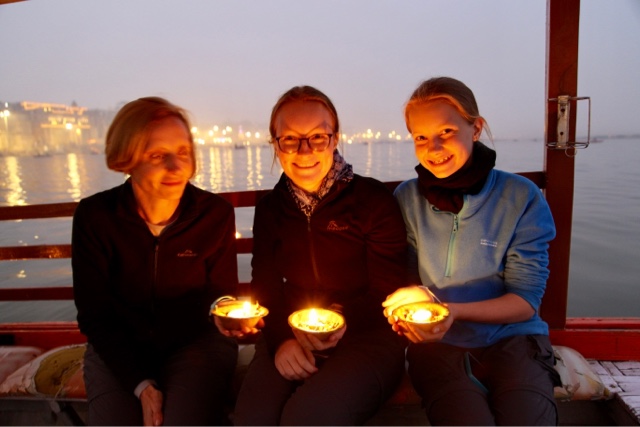
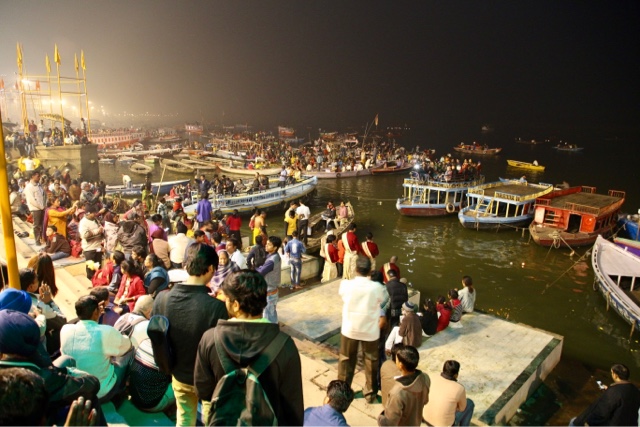
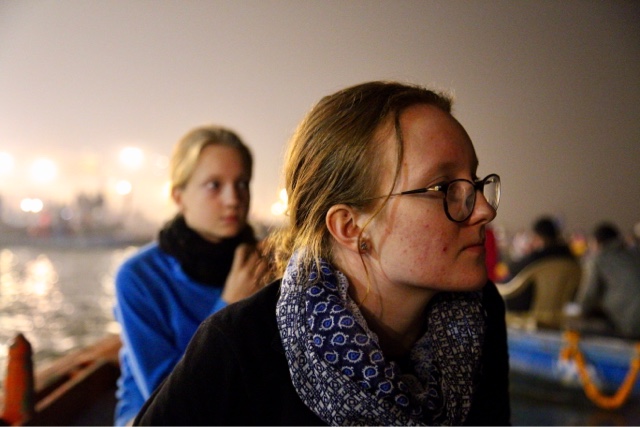
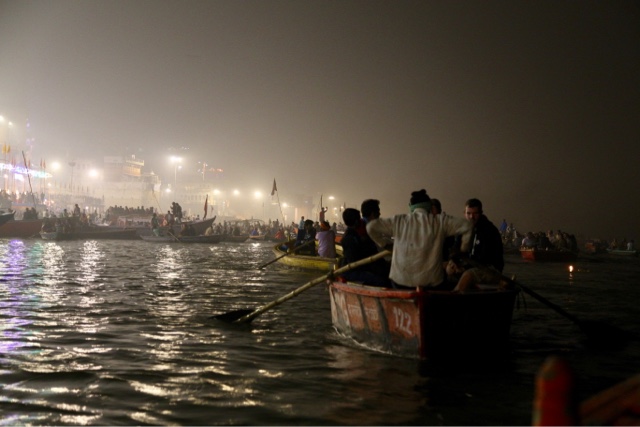
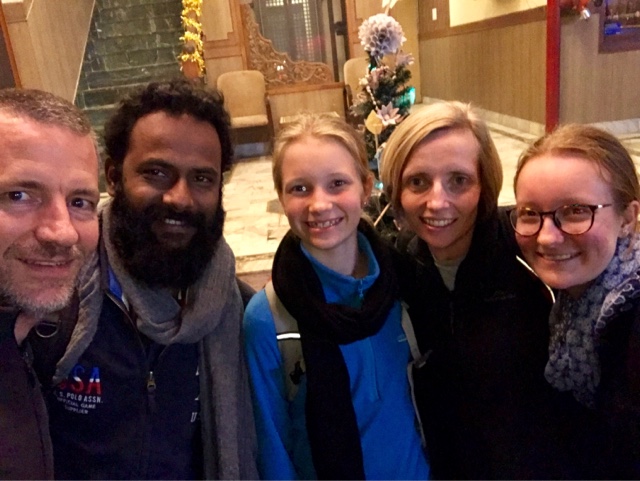
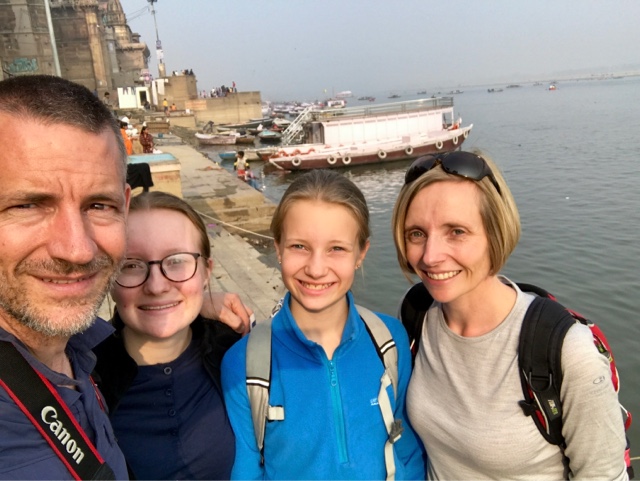
Comments are closed